Our research
Our research focuses on the development, support, and education of young people with deafness/hearing impairments. Our research projects are funded by the DFG, the BMBFSFJ, and the BIÖG. Here you can find our current projects.

Our research focuses on the development, support, and education of young people with deafness/hearing impairments. Our research projects are funded by the DFG, the BMBFSFJ, and the BIÖG. Here you can find our current projects.

The research projects at the Chair of Special Education - focus on Hearing and Communication including inclusive education at LMU Munich are participatory in nature. Learn more about our participatory research.
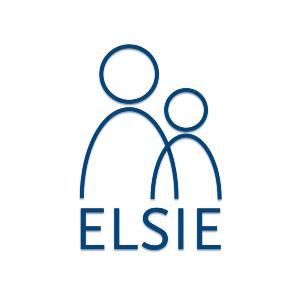
As part of the ElSiE research project ("Development of Language, Theory of Mind, and Executive Functions: A comparative longitudinal study of influencing factors and interrelations in deaf, hard of hearing and non-deaf children"), we investigate how language, theory of mind, executive functions, and social-emotional skills develop in children with and without deafness or hearing impairment over a period of two years and how the various areas of development are related. A particular focus is also placed on the quality of parent-child interaction as a potential influencing factor.
The study compares the development of three groups:
All participating children are between three and four years old at the time of the first survey. The data is collected at four points in time—at intervals of six, twelve, and then another six months—using psychological tests, standardized parent questionnaires, and video-based observations of parent-child interactions.
The project is led by Prof. Dr. Sabine Weinert (Otto Friedrich University of Bamberg) and Prof. Dr. Laura Avemarie (LMU Munich). The research team also includes Klara Hermes (Otto Friedrich University of Bamberg) and Marike Dorhs, Cornelia Ruppert, and Gina-Maria Trunte (LMU Munich).
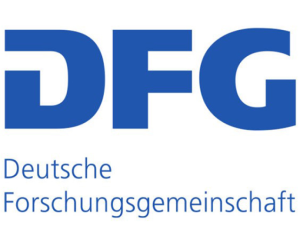
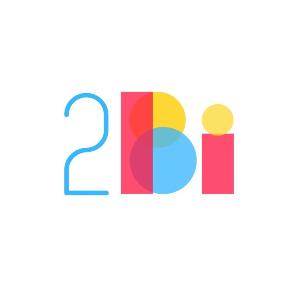
Even though early diagnosis is now standard practice for children with deafness/hearing impairment and appropriate hearing aids can be provided, these children are still at risk in various areas of development. The starting conditions for the development of deaf/hearing-impaired children can be improved through early access to two first languages – a sign language and a spoken language. Against this background, the bimodal-bilingual education approach is being pursued more and more frequently in schools with a focus on hearing and communication throughout Europe.
In Bavaria, the bimodal bilingual approach is formally intended exclusively for pupils in the so-called language learning group IV (one of five language learning groups), which means that only a very small proportion of deaf/hard-of-hearing children benefit from education in two languages.
This is the starting point for the "Bimodal Bilingual Model Project in Bavaria". The project aims to create the conditions for comprehensive and widespread bimodal bilingual education in schools with a focus on hearing and communication in Bavaria, which is no longer dependent on belonging to a language learning group. In order to ensure the practical implementation of such education in sign language and spoken language, concrete best practice examples will also be identified.
To this end, all pupils enrolled at two schools in Bavaria with a focus on hearing and communication will receive bimodal bilingual instruction over a period of two school years starting in the 2024/2025 school year, and their development in the linguistic, social-emotional, and (social) cognitive areas will be monitored. In addition, school performance tests will be conducted at three test dates. Expert discussions with representatives of parents' associations, associations of young people with deafness/hearing impairment, deaf and hard-of-hearing associations, as well as qualitative individual interviews with parents/guardians, students, and educational professionals will serve to evaluate the pilot project.
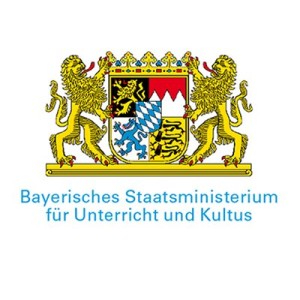
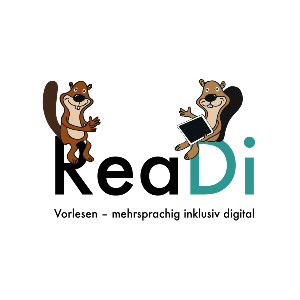
Reading Digital: Inclusive language education with multilingual digital picture books in spoken and sign languages (ReaDi) supports the language development of children born in Germany or who have immigrated to Germany, with or without hearing impairments, from kindergarten to elementary school age, who are growing up with spoken and sign languages.
ReaDi follows three objectives:
Mixed methods, triangulation, and participatory research are used to achieve the objectives.
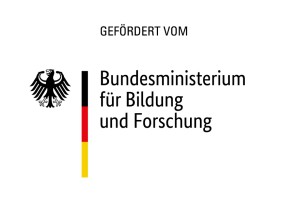
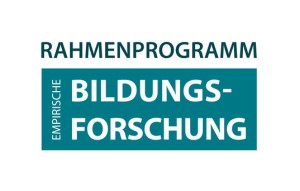

Move to Succeed: Evaluation of the Effectiveness of the Hexe-Pre Program
Although children with hearing impairments have approximately three to five times higher rates of executive dysfunction, there are no national or international programs to promote executive functions in preschool-aged children with hearing impairments.
The project aims to adapt the Hexe program, which was developed for hearing-impaired children in elementary school, for use in preschool. In addition, the effectiveness of the Hexe-Pre preschool program will be evaluated among children aged five to six with hearing or speech impairments in preschools in the Netherlands and Germany.
A pre-/post-/follow-up design with a waiting control group will be used to evaluate the effectiveness of the program. It is planned that 120 preschoolers with hearing or speech impairments will participate in the study. A test battery consisting of five procedures will be used to assess executive functions. Children in the treatment group will participate in the program three times a week for 60 minutes over a period of ten weeks. The first intervention phase will be followed by a post-test phase before the program is implemented in the control group.


The WebSiB project follows on from the project “Educational media on sexual education and the prevention of sexualized violence for young people with disabilities.”
The follow-up project aims to publish the educational media on sexual education and the prevention of sexual violence for young people with disabilities, which were systematized in the previous project, in a barrier-free, filterable, and professionally designed online database.
Key components are:

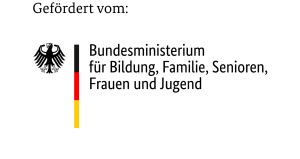

The project "Adaptation of the Youth Sexuality Study for Surveying Deaf and Hard-of-Hearing Young People Between the Ages of 14 and 25" is being conducted under the direction of HU Berlin (Prof. Claudia Becker and Dr. Katharina Urbann) and in cooperation with the Chair of Special Education - Special Focus on Hearing and Communication, including inclusive education, from September 1, 2023, to December 31, 2025, and funded by BIÖG. The project aims to collect data on sex education for children and young people with deafness/hearing loss for the first time.
To this end, the current questionnaire on "Youth Sexuality" from the Federal Institute for Public Health will be converted into an online questionnaire and adapted to the linguistic needs of young deaf and hard-of-hearing people. The sample (target N = 200) will be recruited through schools specializing in hearing and communication and through associations for young people with deafness/hearing loss.
The data generated in the project forms a basis for the development of appropriate educational measures that reach young deaf and hard-of-hearing people.
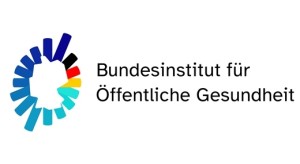
Psychosocial care for people with deafness/hearing impairment: Training for prospective psychologists, taking into account the current practice and training situation People with deafness/hearing impairment (THb) are exposed to specific psychosocial stresses and have a higher rate of mental illness than hearing people. Since 2009, the right to equal access to healthcare for people with THb has been in force (Article 25, UN Convention on the Rights of Persons with Disabilities).
Despite the needs outlined above and the legal entitlement, however, psychosocial care for people with THb is inadequate. This is due to a lack of professionals with experience in working with this target group and gaps in the training of future professionals. One measure for improving the current care situation in the long term is to provide target group-specific training for future professionals.
This project aims to gain fundamental insights into the target group-specific qualification of professionals in practice and in training in order to derive implications for the development and evaluation of a qualification program. The overarching question of the project is: What is the current practical and training situation for professionals providing psychosocial care to people with THb, and how can prospective professionals be trained in a target group-specific manner?
Three work packages are planned:
The first work package aims to examine the current psychosocial care provided to people with THb with regard to the target group-specific competencies of professionals. Using a participatory online questionnaire, psychologists, psychotherapists, and other psychosocial professionals will be asked about personal, training, and work-related aspects, as well as their target group-specific skills, their sense of self-efficacy, and their quality of professional life.
The second work package aims to assess the current training situation of psychology students. Using a quantitative online questionnaire, psychology students are asked about their willingness to provide psychosocial care to people with THb, their target group-specific knowledge, their attitudes, and their personal or professional experiences.
The third work package aims to design and evaluate a university program for psychology students that raises their awareness of the psychosocial care needs of people with THb. The program will be designed and implemented in a participatory manner with the involvement of experts (with THb) from psychosocial practice. The program will be evaluated using a pre-post follow-up design.
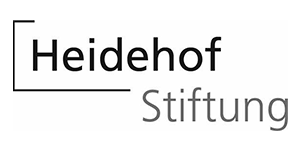
Learn more about our completed research projects.